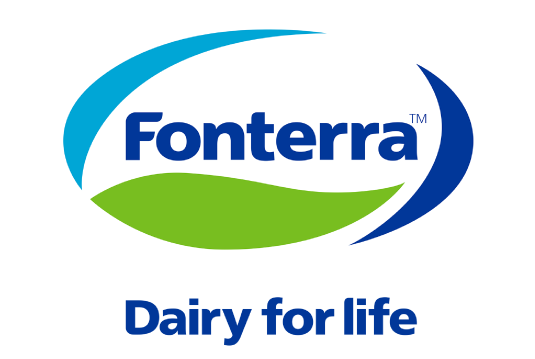Methane JV "now open for business"
Established in February, the Centre for Climate Action Joint Venture is now open for business and has appointed an experienced Board of Directors chaired by Sir Brian Roche.
The JV is a world-first investment fund established to help pasture-based farmers in Aotearoa New Zealand reduce their agricultural emissions by 30% by 2030.
The JV’s role is to help New Zealand farmers by making sure that they have equitable access to affordable and effective tools and technology to cut their methane and nitrous oxide emissions, while maintaining efficiency, production and profitability.
The JV’s shareholders are Fonterra, ANZCO Foods, Rabobank, Ravensdown, Silver Fern Farms, Synlait, and the Government through MPI. Fonterra will contribute up to $50 million over the next four years in a public private partnership that’s working to find a solution to biogenic methane.
The partners will contribute around a combined $35 million a year until 2025 with the Government matching this contribution, resulting in at least $170 million invested over this time.
This week, the JV has made its first investment, contributing $1.8 million to Ruminant BioTech, a New Zealand-based start-up that is developing a slow-release, biodegradable, methane-inhibiting bolus.
Initial trials are promising, indicating the potential to reduce methane emissions from pasture-fed cows by up to 70% for up to six months.
The bolus is easily swallowed by the cow, and then biodegrades in the rumen. Bolus’ are already in use on New Zealand farms.
The JV must be a problem solver and value creator. Our shareholders have invested in the JV because it is working to solve the emissions challenge for our pasture-based farmers, and because it has potential to be the world leader in commercialising emissions-reduction solutions for pasture-based farmers that can be sold in New Zealand and globally.
Joining Sir Brian Roche on the JV’s Board are Jessie Chan, Sir Neville Jordan, Greg Murison and our Co-op’s COO Fraser Whineray.
Executive Director Wayne McNee says the JV is focused on getting tools into farmers’ hands.
“Our shareholders are committed to ensuring the JV is commercially led, informed by science, and investing in and developing practical tools to reduce agricultural emissions. We also recognise the importance of intergenerational stewardship (kaitiakitanga) of the land and the key role te ao Māori beliefs, values and aspirations will play in the success of the JV.
“The JV must be a problem solver and value creator. Our shareholders have invested in the JV because it is working to solve the emissions challenge for our pasture-based farmers, and because it has potential to be the world leader in commercialising emissions-reduction solutions for pasture-based farmers that can be sold in New Zealand and globally.
“The JV is unique because of the breadth of its sector expertise and commercial focus. New Zealand’s pasture-based farming is also unique, so we are working to find tools that will work for our farmers – investing to help turbo-charge innovations through to commercialisation, taking an equity stake in promising new technologies to get these tools into farmers’ hands faster, and helping to remove any barriers to farmers being able to use these tools.”
Almost half of New Zealand’s greenhouse gas emissions come from agriculture, which makes up 75% of New Zealand’s goods exports. Since agriculture is the backbone of New Zealand’s economy, the importance of reducing emissions in agriculture cannot be understated.
Wayne McNee says, “our global customers are setting ambitious greenhouse gas reduction targets, and if we can’t meet these targets, export revenue will be under threat. We must confront this reality, and I believe we can meet the challenge.”

